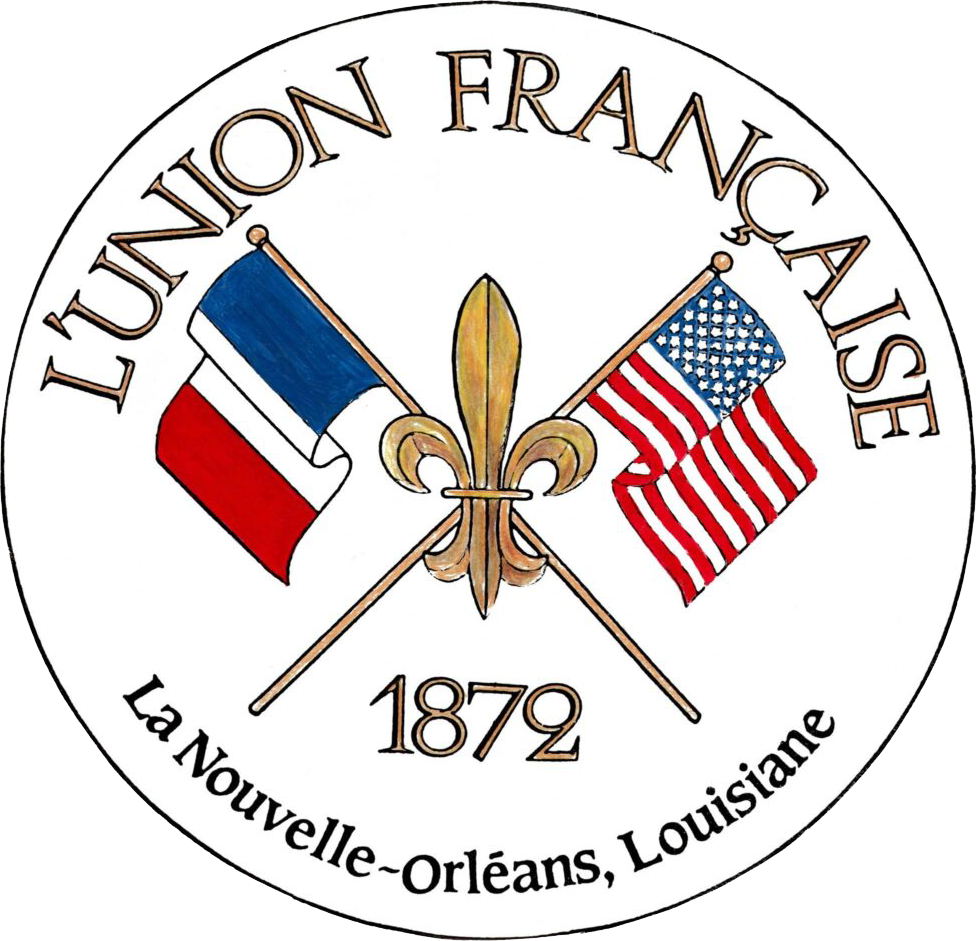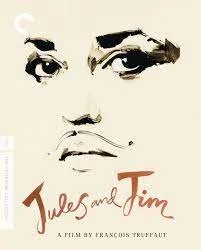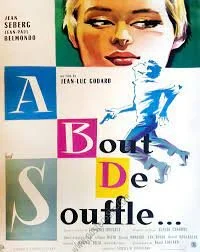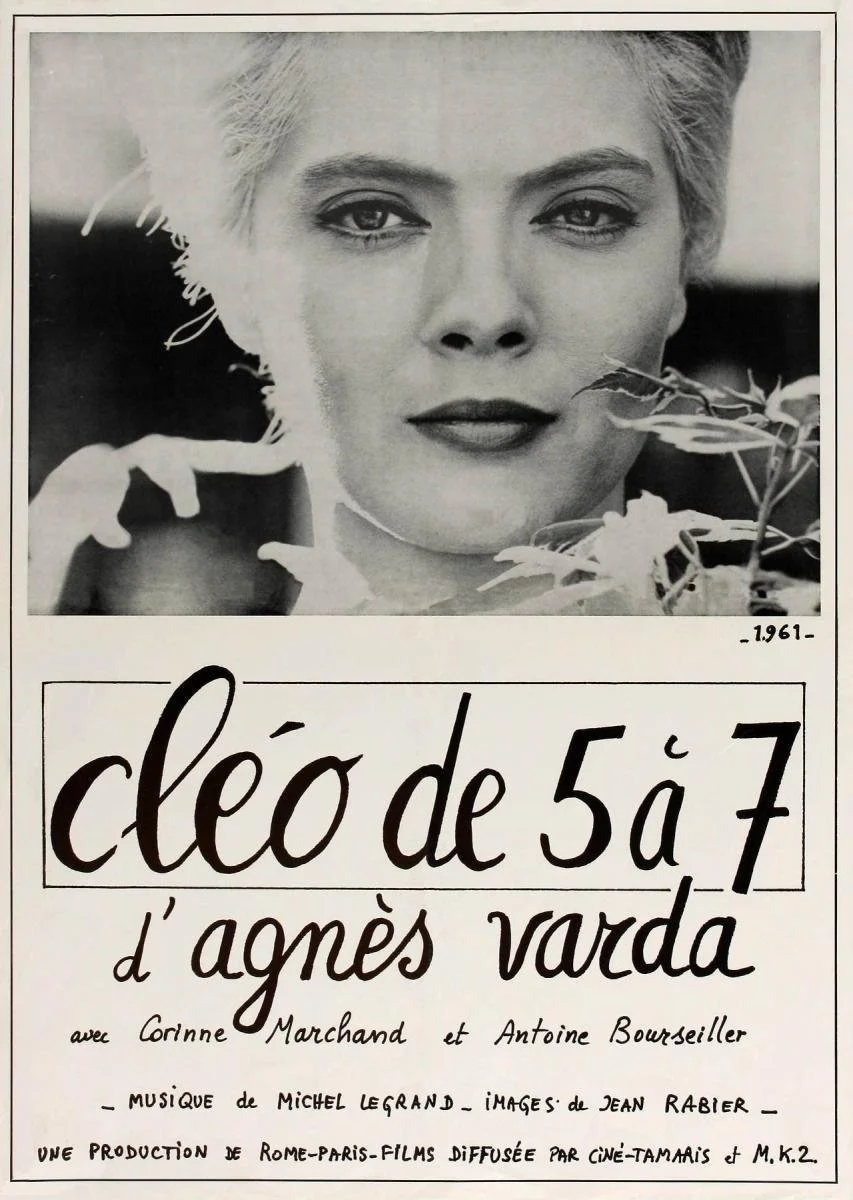
Nouvelle Vague Cinema
Nouvelle Vague Cinema
This program of six films focuses on La Nouvelle Vague, also known as the French New Wave, a French art film movement that emerged in the late 1950s. The movement was characterized by a rejection of traditional cinematic conventions in favor of experimentation and a spirit of iconoclasm. New Wave filmmakers explored new approaches to editing, visual style and storytelling, and engaged with the social and political upheavals of the time, often resorting to irony or exploring existential themes. The New Wave is often considered one of the most influential movements in the history of cinema.
In this course, after watching French language films, we will examine their directors and actors, analyze the themes and language, and learn vocabulary and expressions related to a specific film and to cinema in general. Each class includes an open discussion in French and English.
Class meets Monday nights (see dates below) at 6:00 p.m. at the Historic BK House (1113 Chartres Street).
Fee: $100 for the full series.
Please find below the list of dates and films for this semester. For more information, please contact Manon Bellet at manon@lunionfrancaise.org or social@lunionfrancaise.org
Lundi le 2 octobre – Monday, October 2
Jules et Jim / Jules and Jim, François Truffaut, 1962
Hailed as one of the finest films ever made, JULES ET JIM charts, over twenty-five years, the relationship between two friends and the object of their mutual obsession. The legendary François Truffaut directs, and Jeanne Moreau stars as the alluring and willful Catherine, whose enigmatic smile and passionate nature lure Jules (Oskar Werner) and Jim (Henri Serre) into one of cinema’s most captivating romantic triangles. An exuberant and poignant meditation on freedom, loyalty, and the fortitude of love, Jules and Jim was a worldwide smash in 1962 and remains every bit as audacious and entrancing today.
Lundi le 9 octobre – Monday, October 9
À bout de souffle/ Breathless, Jean Luc Godard, 1960
There was before Breathless, and there was after Breathless. Jean-Luc Godard burst onto the film scene in 1960 with this jazzy, free-form, and sexy homage to the American film genres that inspired him as a writer for Cahiers du cinéma. With its lack of polish, surplus of attitude, anything-goes crime narrative, and effervescent young stars Jean-Paul Belmondo and Jean Seberg, Breathless helped launch the French New Wave and ensured that cinema would never be the same. Michel is a youthful, dangerous criminal who models himself on the film persona of Humphrey Bogart. After stealing a car in Marseille, Michel shoots and kills a policeman who has followed him onto a country road. Penniless and on the run from the police, he turns to an American love interest, Patricia, a student and aspiring journalist, who sells the New York Herald Tribune on the boulevards of Paris. The ambivalent Patricia unwittingly hides him in her apartment as he simultaneously tries to seduce her and call in a loan to fund their escape to Italy. Patricia says she is pregnant, probably with Michel's child. She learns that Michel is on the run when questioned by the police. Eventually she betrays him, but before the police arrive, she tells Michel what she has done. He is somewhat resigned to a life in prison, and does not try to escape at first. The police shoot him in the street, and after running along the block, he dies "à bout de souffle" ("out of breath »).
Lundi le 16 octobre – Monday, October 16
Cleo de 5 à 7/ Cleo from 5 to 7, Agnès Varda, 1962
Agnes Varda eloquently captures Paris in the sixties with this real-time portrait of a singer (Corinne Marchand) set adrift in the city as she awaits test results of a biopsy. A chronicle of the minutes of one woman’s life, CLÉO FROM 5 TO 7 is a spirited mix of vivid vérité and melodrama, featuring a score by Michel Legrand (The Umbrellas of Cherbourg) and cameos by Jean-Luc Godard and Anna Karina.
Lundi le 23 octobre – Monday, Octobre 23
Les quatre cent coups / The 400 Blows, François Truffaut, 1959
François Truffaut’s first feature is also his most personal. Told through the eyes of Truffaut’s cinematic counterpart, Antoine Doinel (Jean-Pierre Léaud), THE 400 BLOWS sensitively re-creates the trials of Truffaut’s own childhood, unsentimentally portraying aloof parents, oppressive teachers, and petty crime. The film marked Truffaut’s passage from leading critic to trailblazing auteur of the French New Wave. Winner of Best Director and nominated for the Palm d'Or at the 1959 Cannes Film Festival. Nominated for one Academy Award (Best Writing - Directly for the Screen) and two BAFTA awards (Best Film from any Source, Most Promising Newcomer to Leading Film Roles - Jean Pierre Léaud).
Lundi le 30 octobre – Monday, October 30
Marie-Chantal contre Dr. Kha / Blue Panther, Claude Chabrol, 1965
Before he is murdered, a spy passes on a jewel to the attractive Marie-Chantal. From then on, she is hunted by Russian and American spies and above all by the sinister Dr. Kha. Paco, a Spaniard, comes to her aid and rescues her from the most terrifying situations.
Lundi le 6 novembre – Monday, November 6
Alphaville, Jean Luc Godard, 1965
In ALPHAVILLE, Jean-Luc Godard fuses a hardboiled detective story with science fiction. Lemmy Caution (Eddie Constantine), a hero Godard borrowed from a series of French adventure films, comes to ALPHAVILLE, the capital of a totalitarian state, in order to destroy its leader, an almost-human computer called Alpha 60. While on his mission, Lemmy meets and falls in love with Natacha (Anna Karina), the daughter of the scientist who designed Alpha 60. Their love becomes the most profound challenge to the computer's control. Void of any flashy special effects, ALPHAVILLE uses 1960s Paris to depict the city of the future






